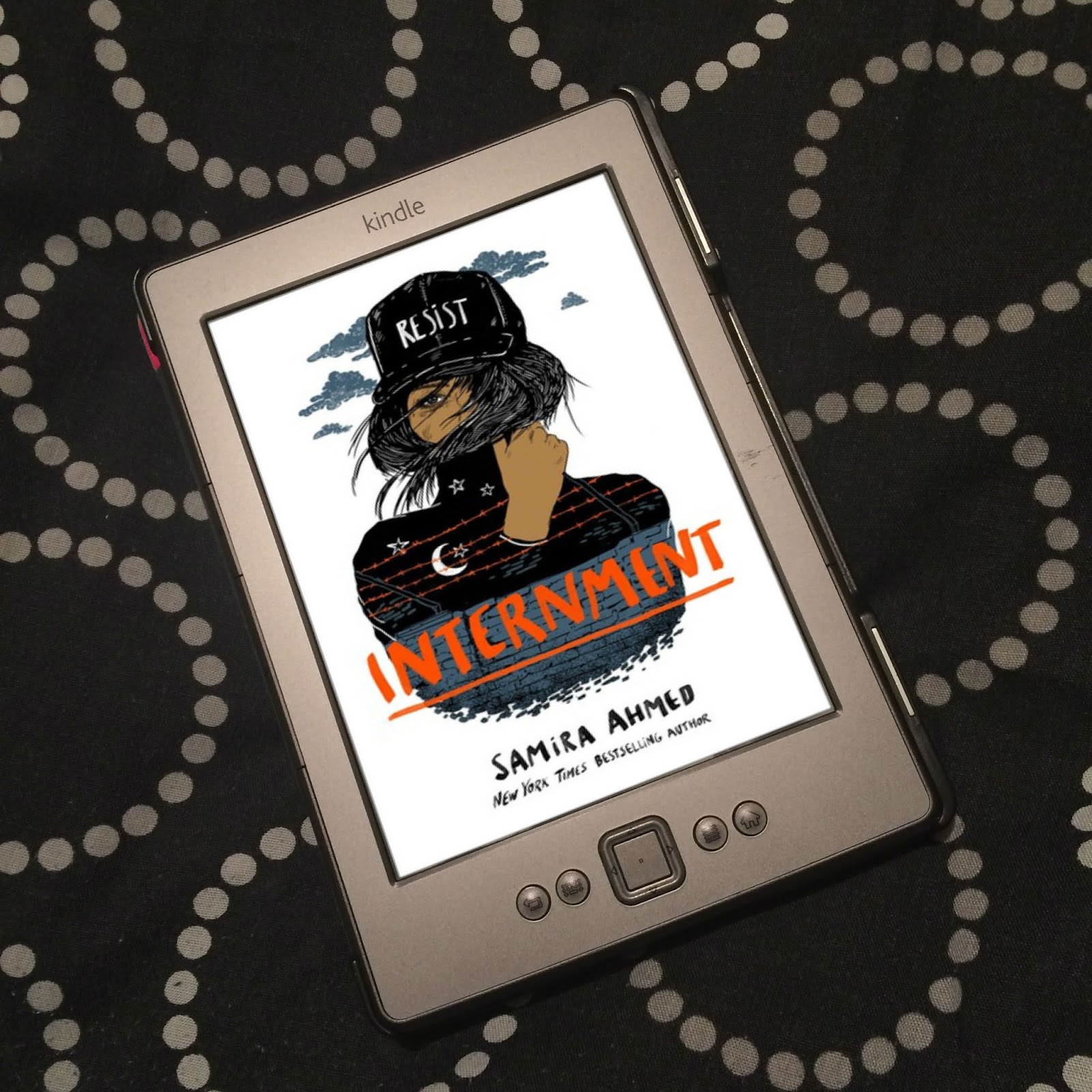

Like most issue books, this is not an easy read, but it's poignant and transcendent as Charlie breaks more and more before piecing herself back together. Through intense, diarylike chapters chronicling Charlie's journey, the author captures the brutal and heartbreaking way "girls who write their pain on their bodies" scar and mar themselves, either succumbing or surviving. Feeling rejected, Charlie, an artist, is drawn into a destructive new relationship with her sexy older co-worker, a "semifamous" local musician who's obviously a junkie alcoholic. But things don't go as planned in the Arizona desert, because sweet Mikey just wants to be friends. After spending time in treatment with other young women like her-who cut, burn, poke, and otherwise hurt themselves-Charlie is released and takes a bus from the Twin Cities to Tucson to be closer to Mikey, a boy she "like-likes" but who had pined for Ellis instead. Seventeen-year-old Charlie Davis, a white girl living on the margins, thinks she has little reason to live: her father drowned himself her bereft and abusive mother kicked her out her best friend, Ellis, is nearly brain dead after cutting too deeply and she's gone through unspeakable experiences living on the street. This work asks the question many are too afraid to confront: What will happen if xenophobia and racism are allowed to fester and grow unabated?Ī reminder that even in a world filled with divisions and right-wing ideology, young people will rise up and demand equality for all.Īfter surviving a suicide attempt, a fragile teen isn't sure she can endure without cutting herself. Layla grows in consciousness as she begins to understand her struggle not as an individual accident of fate, but as part of an experience of oppression she shares with millions. Some guards seem sympathetic, but can they be trusted? Taking on Islamophobia and racism in a Trump-like America, Ahmed’s ( Love, Hate & Other Filters, 2018) magnetic, gripping narrative, written in a deeply humane and authentic tone, is attentive to the richness and complexity of the social ills at the heart of the book. There are rumors of people being sent to black-op sites. She quickly learns that resistance is no joke: Two hijabi girls are beaten and dragged away screaming after standing up to the camp director. Layla and her family are interned in the California desert along with thousands of other Muslim Americans, but she refuses to accept the circumstances of her detention, plotting to take down the system.

Neighbors are divided, and the government is going after resisters. Muslims are being rounded up, their books burned, and their bodies encoded with identification numbers.

Layla was a regular American teenager until the new Islamophobic president enacted Exclusion Laws.


 0 kommentar(er)
0 kommentar(er)
